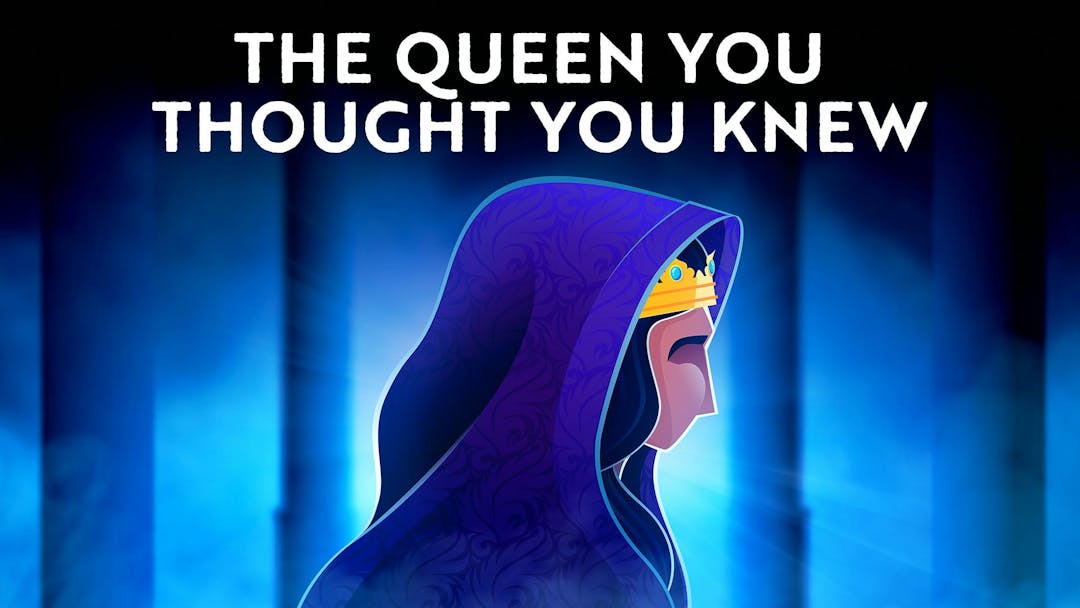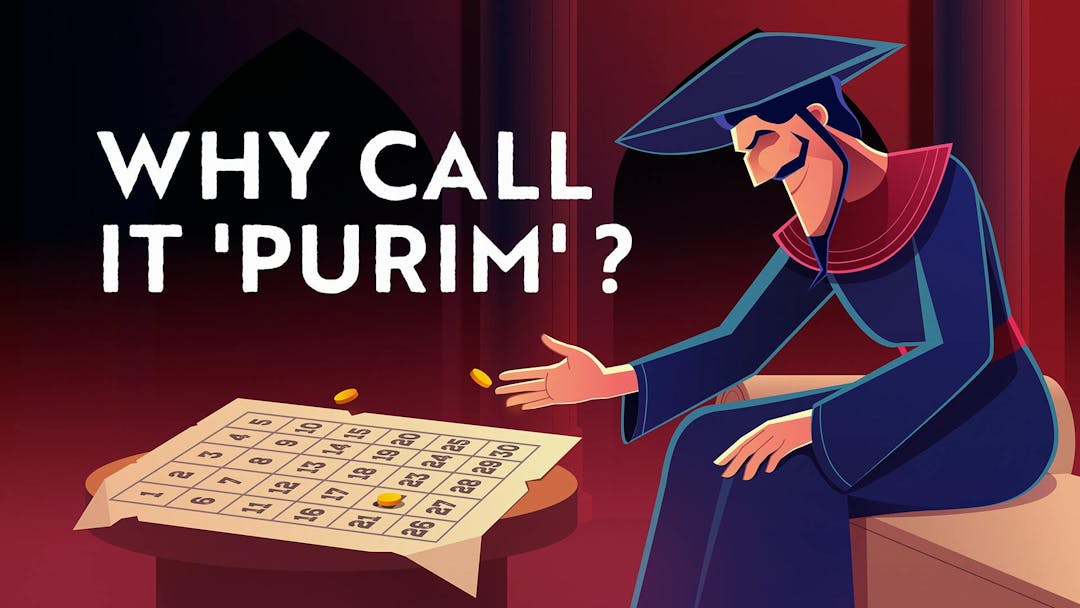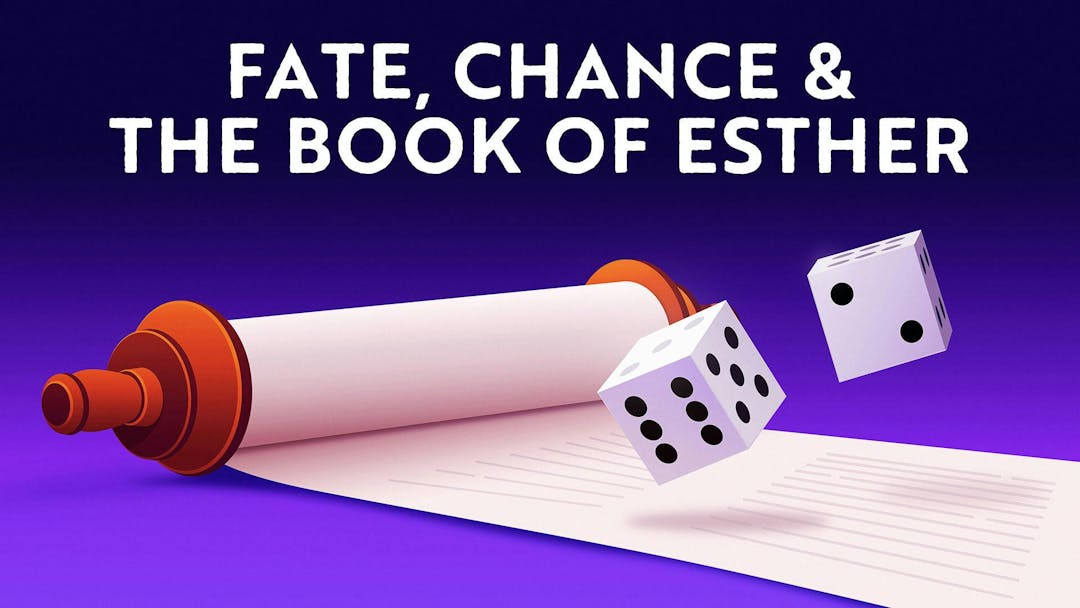Start your free trial today to unlock the full library and enjoy unlimited and uninterrupted access.
Get StartedWhy Did Mordecai Not Bow To Haman? (Part 1 of 2)
Why Did Mordechai Really Refuse to Bow to Haman?
One of the big questions in Mordecai's story – the point when we lean forward in anticipation – is why Mordecai refused to bow to Haman? We read in the Megillah how the palace servants approached Mordecai with this very question – but he doesn’t reply. He keeps it a mystery.
It’s easy to assume that Mordecai doesn’t bow to Haman, the viceroy who demands fealty, to avoid being idolatrous, or because Mordecai was a Jew. But the Megillah doesn’t actually confirm these details – and that raises the question: What is Mordecai’s side of the story really about?
In this video, Rabbi Fohrman suggests that Mordecai’s actions had less to do with idolatry than objecting to Haman’s power grab in loyalty to the king. Rabbi Fohrman dispels common explanations by showing that bowing, itself, isn’t idolatrous, that the story of Haman’s wearing an idol is not actually in Biblical text, and connecting the narrative to that involving Potiphar’s wife. Follow his journey through the story of Mordecai as he uncovers the answers.
Learn more about Purim at Aleph Beta by checking out some of our other videos including Taanit Esther, The Queen You Thought You Knew, and Matanot La'evyonim.
Want to watch the full video for free?
Enter your email and we’ll send you a link to watch the full series free.
What is Aleph Beta?
Aleph Beta is a unique kind of Torah library. Led by our founder, Rabbi David Fohrman, we are dedicated to high-level, textual Torah learning for adults that is intellectually and spiritually sophisticated, that enlivens your Jewish practice and helps you forge a deeper connection to God. Whether you’ve been learning in yeshiva for years or you’re just beginning your Torah journey, you’re sure to find something meaningful and surprising waiting for you here.
Browse our library of over 1,000 beautifully produced animated videos, podcasts, deep dive courses, and printable guides. Topics include the weekly parsha, Jewish holidays & fast days, laws & mitzvot, prayers, relationships, big philosophical ideas and more. Have something to say at the Shabbos table that will amaze your family and guests and bring deep meaning into their lives.











